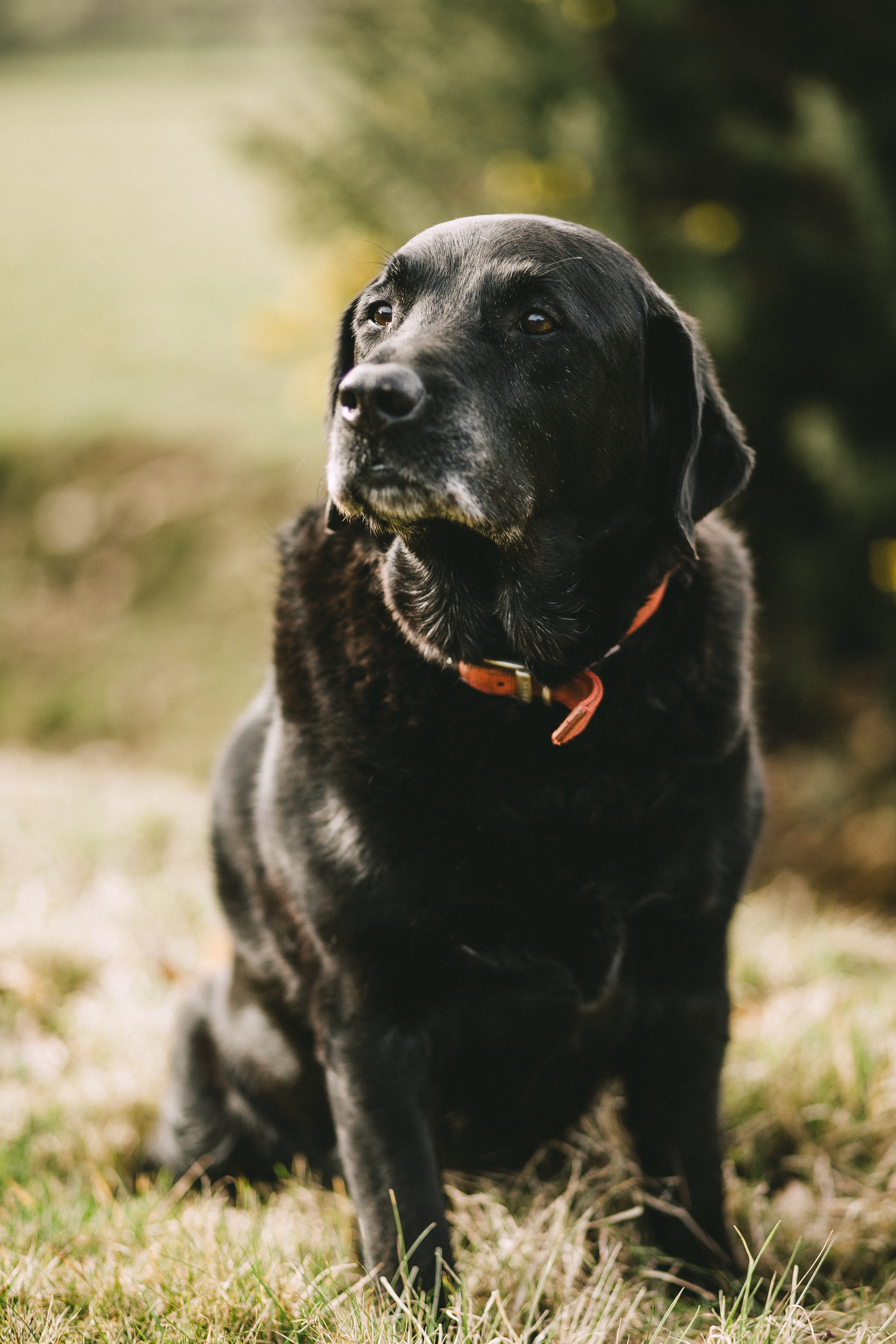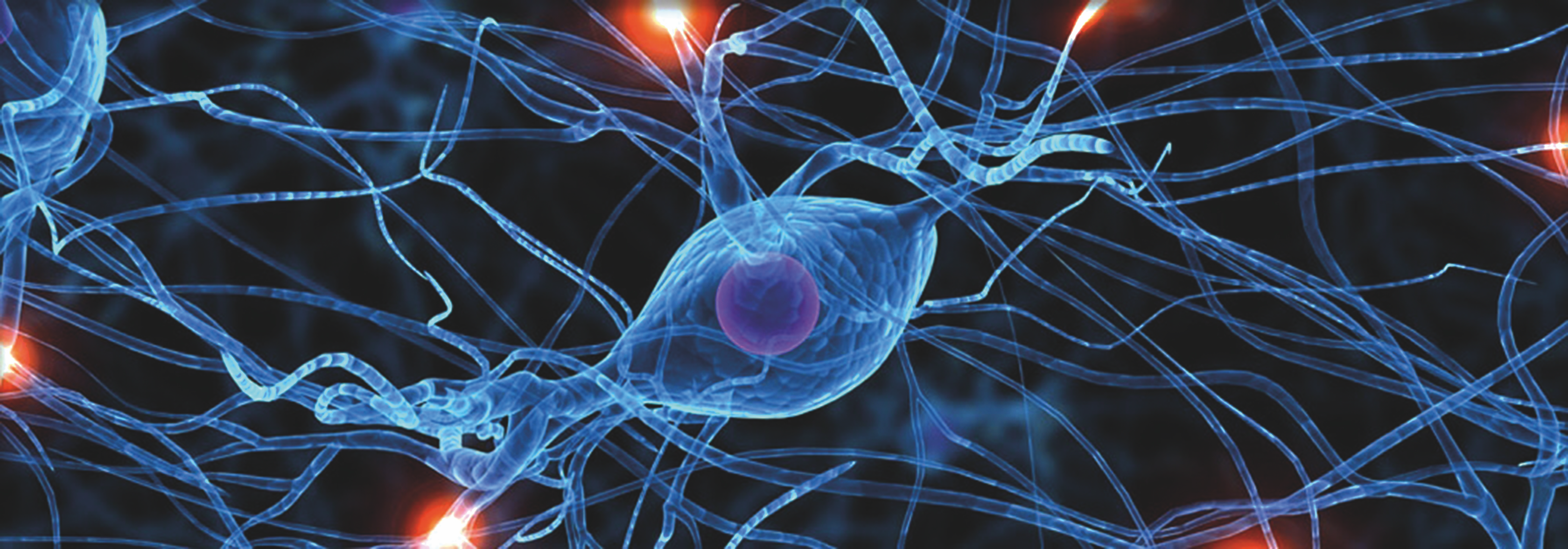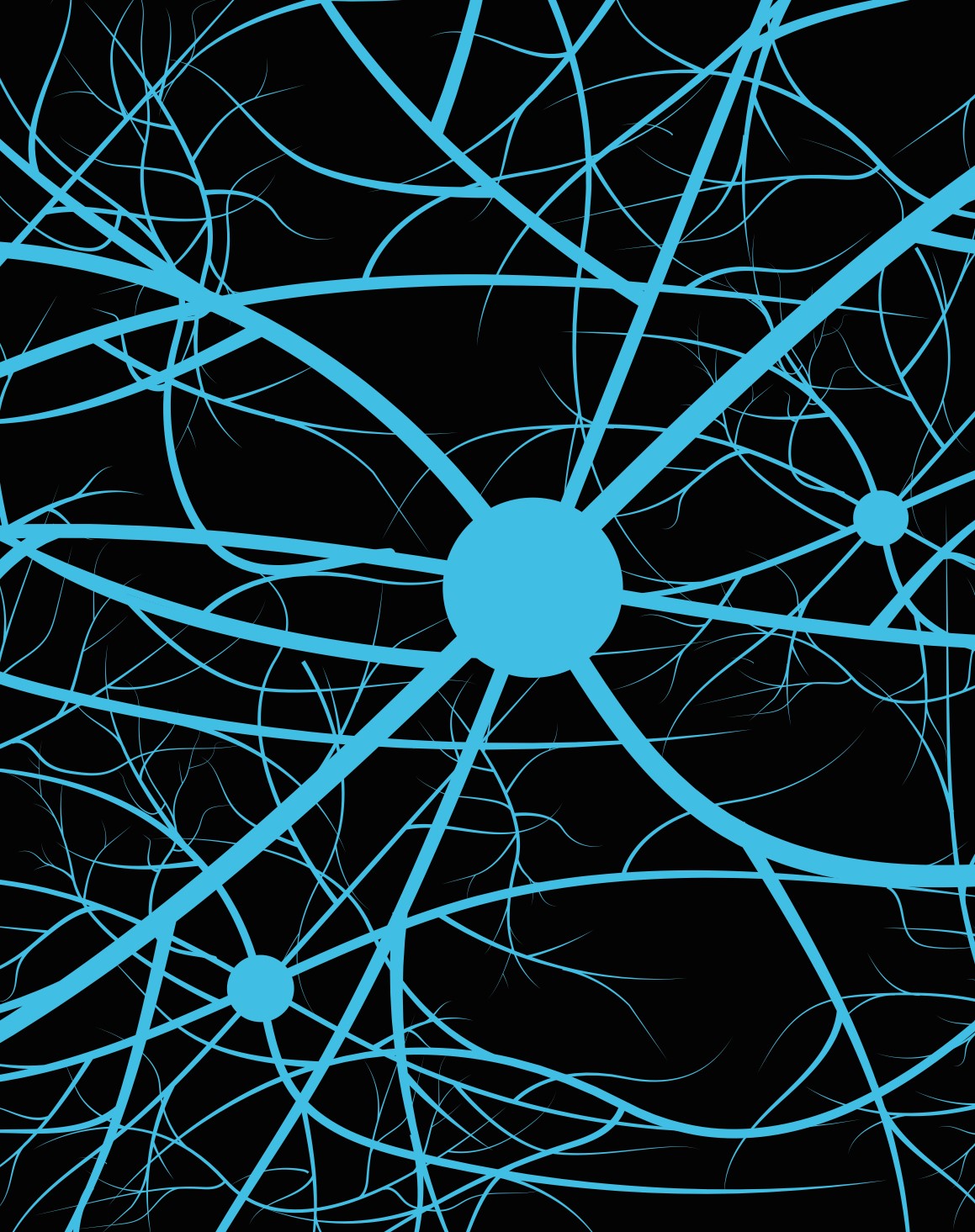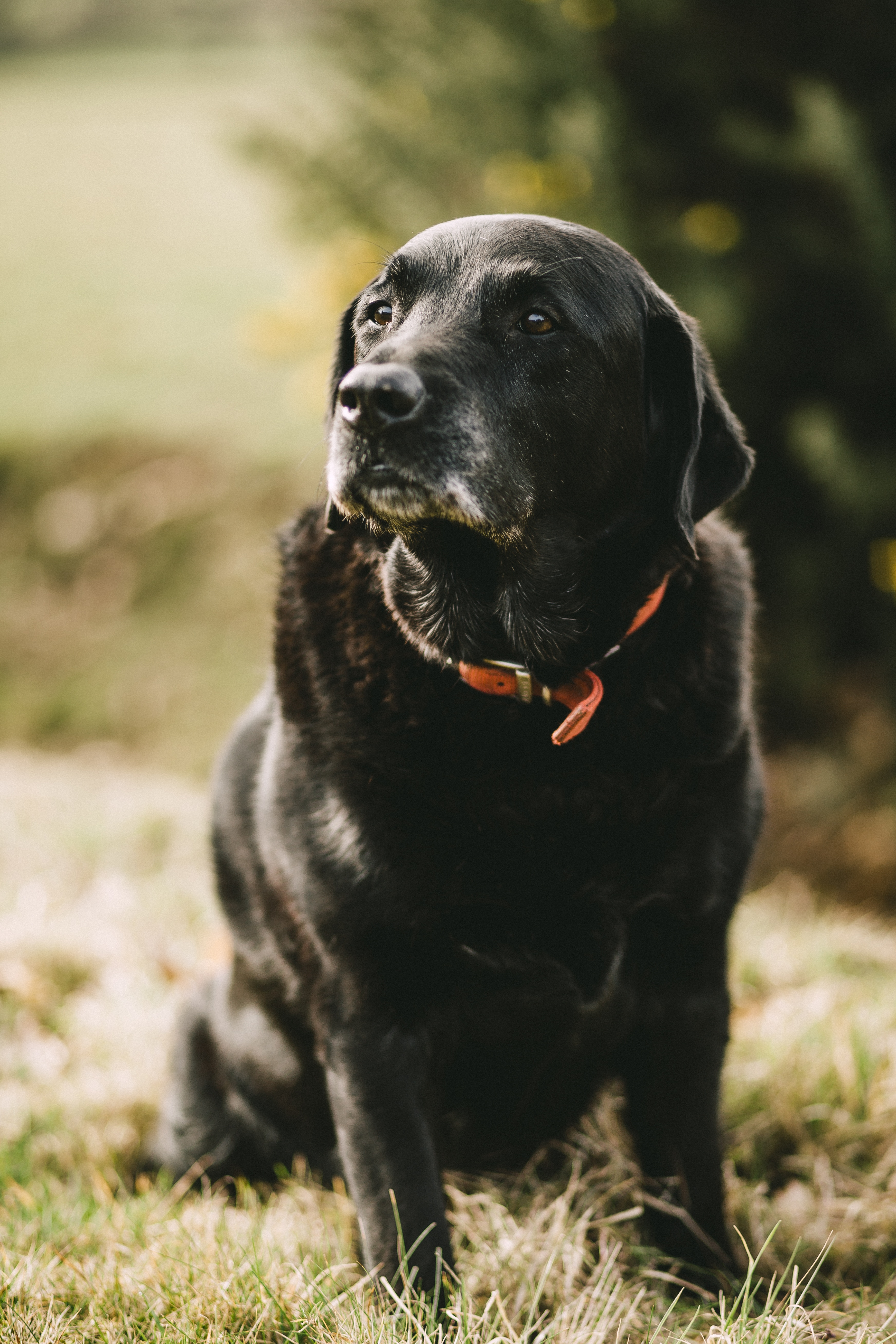This paper summarizes what we have
learned in the past 20 years about canine
cognitive abilities, how these abilities
change over time, and how canine
cognition compares with human cognition.
We have developed a battery of
objective neuropsychological tasks to
assess several cognitive domains. With
respect to learning ability, dogs are proficient in tasks requiring
associative learning and acquisition of simple relational rules.
We’ve also examined performance on several tasks that assess
executive function. Dogs perform well on two of these — reversal
learning and selective attention — and poorly on others —
notably tasks aimed at concept learning. On tasks designed
to assess working memory, dogs require extensive training
and show erratic performance in visual object recognition,
but show much higher levels of performance on tasks assessing
visuo spatial memory. Most of our research has used laboratory-
housed Beagle dogs. We have now extended this work
to the clinic and have obtained similar data from pet dogs.
Cognitive abilities change with age in a manner that varies
with cognitive domain. Tasks that involve complex learning
are more sensitive to age than tasks solved more easily. These
findings parallel the kinds of age-dependent cognitive changes
that are known to occur in humans. There also are notable
individual differences, particularly in performance on specific
tasks. Some dogs can be characterized as successful agers, while
others show a moderate impairment, which may correspond
to a human condition known as mild cognitive impairment
(MCI). Still other dogs develop more severe impairment, which
may correspond to human dementia. These results model many
aspects of human cognition, including the cognitive changes
associated with human aging and the development of dementia
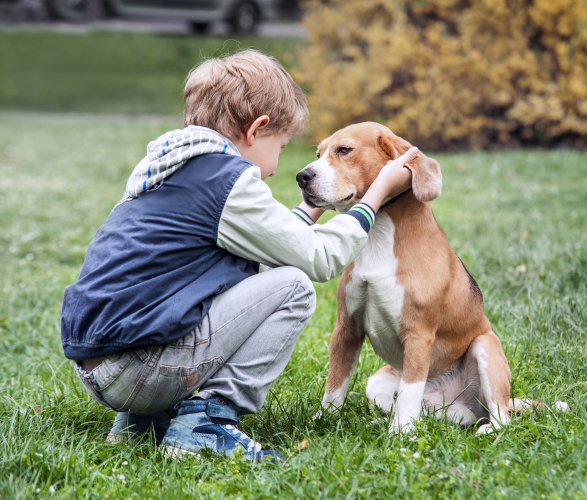
 Purina: Your Pet, Our Passion
Purina: Your Pet, Our Passion


